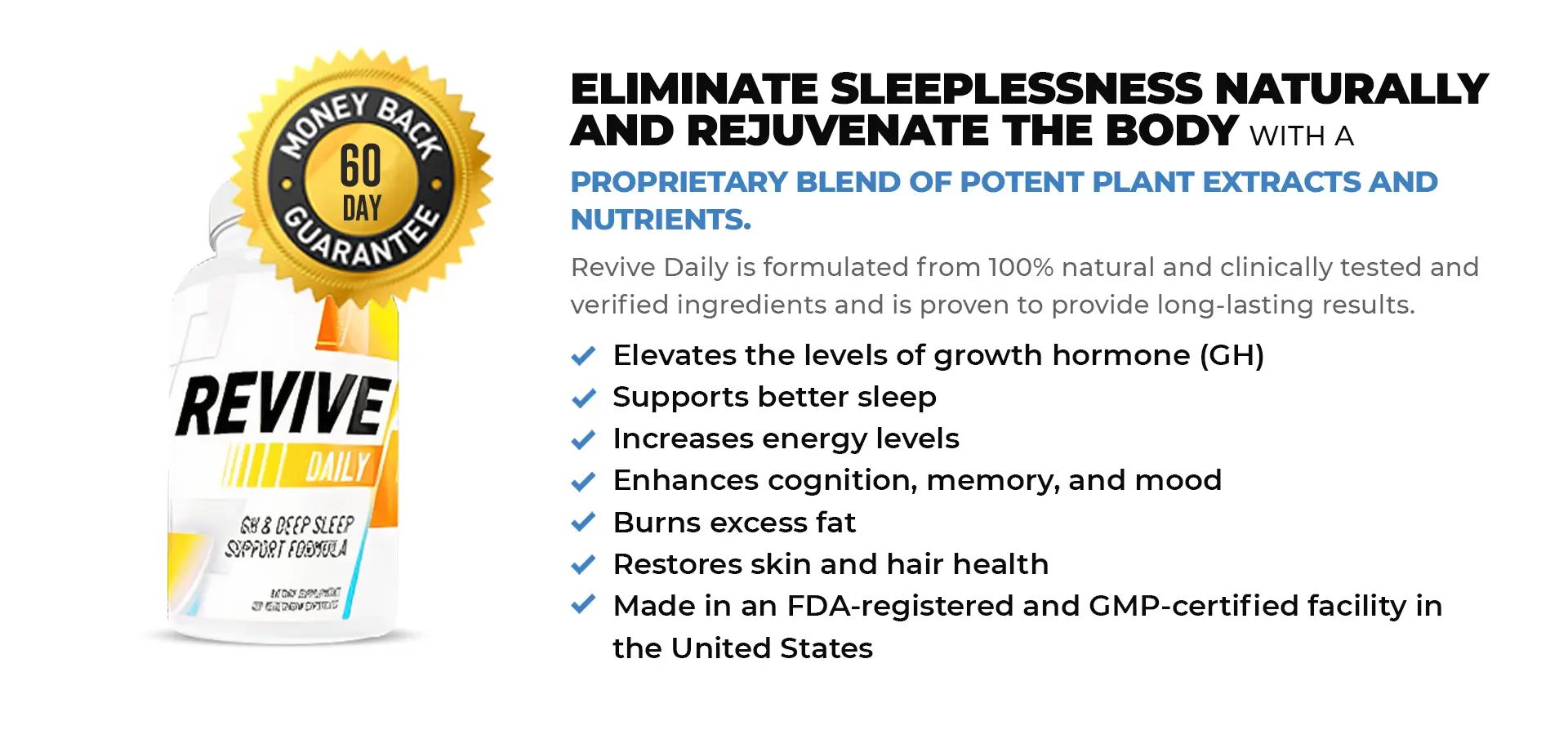Getting the most from fruits and vegetables in the diet
Every nutritional expert stresses the importance of fruits and vegetables in the diet. Fruits and vegetables are one of those rare cases in which more is better, and the new dietary guidelines recommend that everyone eat at least five servings of fruits and vegetables every day.
Unfortunately for the health of America, most people do not eat sufficient quantities of these important nutrients. That is too bad, since increasing the number of fruits and vegetables you consume may well be the most important and easiest dietary change anyone can make.
The health benefits of eating large quantities of fruits and vegetables have long been established, and study after study has shown that eating fruits and vegetables is a great way to increase your level of fitness and nutrition.
Fruits and vegetables have been studied for their role in preventing a number of diseases, including heart disease, stroke, aging-related conditions, and even some forms of cancer. Some studies have shown that as many as 35% of all cancers are related to diet, and diets high in fat and low in fruits and vegetables seem to make many people especially vulnerable to such illnesses.
Health Benefits
Of course, the appeal of fruits and vegetables is not limited to their health benefits. After all, fruits and vegetables are delicious as well as nutritious, and the variety of shapes, sizes, colors, and textures mean that there are fruits and vegetables to suit virtually every taste.
Fruits and vegetables are also great sources of antioxidant vitamins, including vitamins A, C, and E. Antioxidant vitamins are thought to play a vital role in protecting the body from harm caused by environmental pollution, UV rays, and other modern hazards.
In addition, many fruits and vegetables are chock full of important nutrients like beta-carotene. Beta carotene is the nutrient that gives those pink flamingos their distinctive color, and it is found in many orange and yellow fruits and vegetables. Foods such as mangoes, peaches, carrots, pumpkins, and butternut squash are particularly rich in beta-carotene.
While fruits and vegetables are important to everyone, they are just as important to those not yet born. Women of childbearing age should be sure to consume plenty of foods rich in folic acid. That is because folic acid is important in preventing many birth defects, such as spina bifida. Since sufficient folic acid is important to the proper development of the baby, it is important that the mother’s body contain plenty of folic acids, even before she knows she is pregnant. Good sources of dietary folic acid include vegetables like Brussels sprouts, broccoli, and spinach and citrus fruits like oranges.
Fruits and vegetables are important sources of dietary fiber in addition to being great sources of vitamins, minerals, and trace elements. Proper levels of fiber are important in the prevention of heart disease and even some types of cancer.
In addition, fruits and vegetables are usually low in calories, while at the same time, they are very high in nutritional value. Low-fat, high-nutrition, low-calorie foods are hard to find, but the world of fruits and vegetables is full of such foods. In addition, fruits and vegetables contain no cholesterol or fat.
With all these advantages, it is easy to understand why fruits and vegetables are so important to a good, balanced diet. In addition, fruits and vegetables are among the least expensive types of foods. Locally grown, in-season fruits and vegetables can be a great value, and most grocery store chains run regular specials on locally grown produce.
Buying locally grown, fresh fruits and vegetables is also a great way to ensure a steady supply of new tastes, colors, and textures. There are literally hundreds of varieties of fruits and vegetables, and eating a variety of products is a great way to keep boredom from setting in and sabotaging your diet.
DISCLAIMER:
This information is not presented by a medical practitioner and is for educational and informational purposes only. The content is not intended to be a substitute for professional medical advice, diagnosis, or treatment. Always seek the advice of your physician or other qualified healthcare providers with any questions you may have regarding a medical condition. Never disregard professional medical advice or delay in seeking it because of something you have read.
Since natural and/or dietary supplements are not FDA-approved they must be accompanied by a two-part disclaimer on the product label: that the statement has not been evaluated by FDA and that the product is not intended to “diagnose, treat, cure or prevent any disease.”





